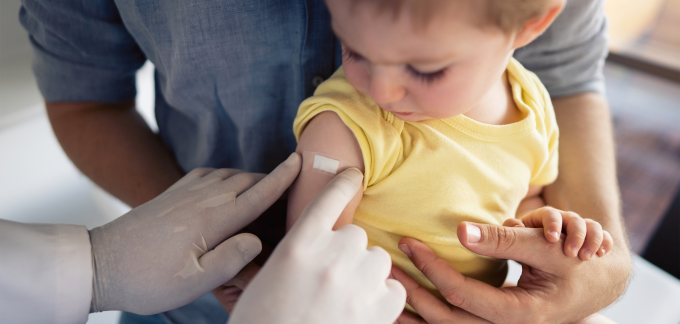Noticias
Información Regional



Estadísticas Vitales (VS) se mantienen los registros de nacimiento del estado de Texas.
Vital Statistics issues letters verifying if a marriage or divorce was recorded with the State of Texas based on the application for marriage or divorce sent to our office by local
Estadísticas Vitales mantiene los registros de las defunciones en el estado de Texas.
La sección Estadísticas Vitales (VSS) se encarga de mantener los registros vitales del estado de Texas, que incluyen las actas de nacimiento y de defunción, las solicitudes...
La división de inmunizaciones del Departamento Estatal de Servicios de Salud (DSHS) de Texas trabaja para eliminar la propagación de enfermedades que se pueden prevenir con vacunas
Bienvenido a la página de inicio del programa del DSHS que regula los sistemas de EMS y trauma de Texas.

 Cumplimiento
Cumplimiento

 Información destacada
Información destacada

 Campaña
Campaña